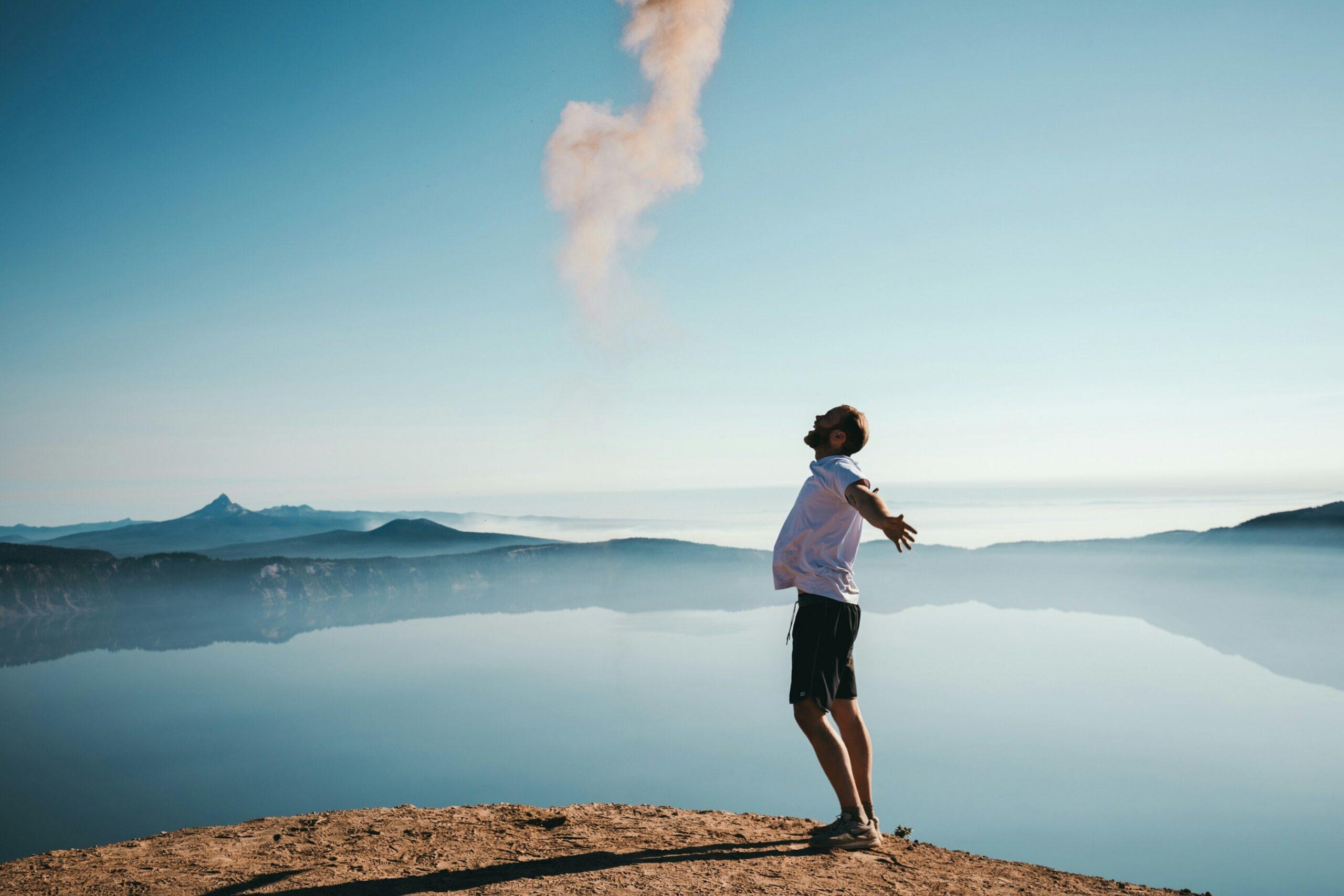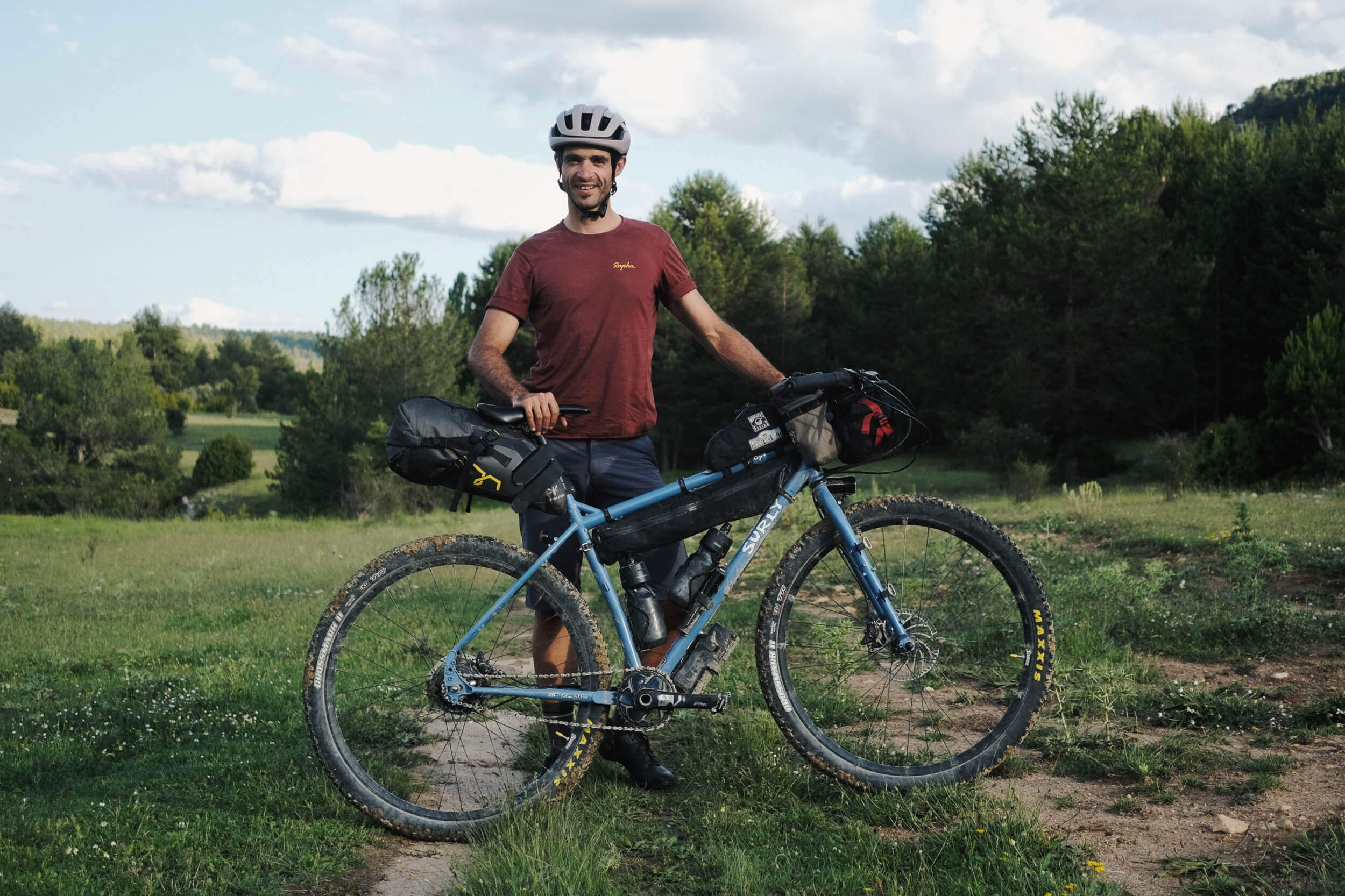In our fast-paced world filled with deadlines, screens, and constant noise, the concept of recreation is often overlooked. Yet, recreation is not merely a leisure activity — it’s an essential part of human well-being. It restores the mind, strengthens the body, and rejuvenates the spirit. Whether through outdoor adventure, creative hobbies, or simple relaxation, recreation gives life its rhythm and meaning.
As society continues to evolve, rediscovering the value of recreation has become not just desirable, but necessary for a healthier and happier life.
What Is Recreation and Why It Matters
Recreation is derived from the Latin word recreare, meaning “to restore” or “to refresh.” It’s any activity that brings pleasure, relaxation, or rejuvenation outside of work or obligation. While often associated with sports or hobbies, recreation encompasses a wide range of experiences — from hiking and painting to meditation or travel.
The essence of recreation lies in its ability to balance the demands of modern living. It serves as an antidote to stress, fatigue, and burnout. When people engage in recreational activities, they allow their minds to reset and their creativity to flourish.
Beyond mere enjoyment, recreation contributes to personal development, emotional stability, and social connection. In fact, researchers have found that individuals who regularly participate in recreational activities report higher levels of happiness, productivity, and life satisfaction.
The Physical Benefits of Recreation
Recreation plays a vital role in maintaining physical health. Engaging in activities like walking, swimming, cycling, or yoga helps improve cardiovascular fitness, build muscle strength, and enhance flexibility. Regular recreational exercise also reduces the risk of chronic diseases such as diabetes, obesity, and hypertension.
But recreation doesn’t always have to be strenuous. Even light physical activities like gardening, dancing, or playing catch with friends can boost endorphins — the body’s natural “feel-good” hormones. These activities help combat stress, improve sleep, and strengthen the immune system.
In a world where sedentary lifestyles have become the norm, recreation provides the perfect opportunity to move the body in enjoyable ways. It shifts exercise from a chore to a joyful experience, making it easier to sustain healthy habits over time.

Mental and Emotional Wellness Through Recreation
Recreation is as beneficial for the mind as it is for the body. Engaging in relaxing or creative activities helps reduce anxiety, improve focus, and foster a sense of fulfillment. Recreational hobbies such as painting, music, or photography encourage mindfulness and self-expression — both crucial for mental well-being.
Nature-based recreation, in particular, has a profound impact on mental health. Spending time outdoors — whether hiking through forests or simply walking in a park — lowers stress hormones, enhances mood, and increases cognitive clarity. Psychologists refer to this as “nature therapy” or “ecotherapy,” emphasizing how natural environments promote relaxation and emotional balance.
Social recreation also contributes significantly to happiness. Playing team sports, attending community events, or participating in group classes fosters a sense of belonging and connection — two essential elements for mental resilience and life satisfaction.
The Role of Recreation in Modern Society
Modern life, with its blend of technology and pressure, often leaves little room for true leisure. Many people struggle to disconnect from work, even during vacations or weekends. The result? Burnout, chronic fatigue, and declining mental health.
Recreation provides a much-needed reset. It encourages people to unplug, slow down, and reconnect with what truly matters. For children, recreational play nurtures imagination and social development. For adults, it offers a break from responsibilities and a reminder that joy is a vital part of life. For seniors, recreation keeps the mind sharp and the body active, promoting longevity and independence.
Governments and organizations are increasingly recognizing the societal importance of recreation. Public parks, community centers, and sports facilities are being designed to encourage citizens to engage in active, healthy, and creative pastimes. A well-balanced society is one that values recreation as much as work.
Outdoor Recreation: Healing in Nature
Outdoor recreation holds a unique place in human history. Long before the digital era, people turned to nature for restoration and inspiration. Today, outdoor activities like hiking, camping, kayaking, and mountain biking continue to attract millions worldwide — and for good reason.
Time spent outdoors has been shown to lower blood pressure, improve concentration, and boost mood. Natural environments stimulate the senses, providing a form of therapy that no artificial experience can replace. The sights, sounds, and smells of nature awaken the spirit and ground the mind.
Moreover, outdoor recreation fosters environmental awareness. People who spend time in nature develop a deeper appreciation for the planet and are more likely to adopt sustainable behaviors. Thus, recreation not only heals individuals but also nurtures a sense of responsibility toward the Earth.
Creative and Cultural Recreation
Recreation isn’t limited to physical activity — it also includes creative and cultural pursuits that stimulate the mind and feed the soul. Painting, writing, dancing, cooking, or playing an instrument are all forms of recreation that enhance imagination and emotional expression.
Cultural recreation — such as attending concerts, theater performances, art exhibitions, or festivals — connects people to their heritage and shared human experience. These activities inspire community pride and social cohesion, strengthening bonds across generations.
Engaging in creative recreation can also be a powerful form of self-care. In moments of artistic focus, individuals experience “flow” — a state of deep immersion and joy where time seems to disappear. This mental engagement provides relief from stress and fosters personal growth.
Digital Recreation: A New Frontier
With technology reshaping every aspect of life, digital recreation has become a major component of modern leisure. Video games, online communities, virtual fitness programs, and digital art platforms allow people to connect, compete, and create from anywhere in the world.
While excessive screen time can be harmful, when balanced correctly, digital recreation offers unique benefits. It provides accessibility, especially for those with physical limitations or busy schedules. Virtual reality, for instance, allows users to explore distant worlds, learn new skills, or practice mindfulness through immersive simulations.
The key is moderation and intentionality — using digital tools to enhance recreation, not replace real-world experiences. A healthy blend of online and offline leisure can create a well-rounded recreational lifestyle.
The Economics of Recreation
Recreation is not only vital for personal well-being but also a driving force in the global economy. The recreation and leisure industry — encompassing travel, outdoor sports, fitness, entertainment, and hospitality — generates billions of dollars annually.
Jobs in tourism, park management, event planning, and recreation therapy continue to grow, reflecting society’s increasing demand for experiences over possessions. As people prioritize wellness and work-life balance, recreation has become both a personal investment and an economic opportunity.
Recreation as a Lifestyle
Ultimately, recreation is more than a set of activities — it’s a mindset. It’s about making time for joy, connection, and exploration in everyday life. Whether it’s a morning jog, a weekend hike, a painting session, or simply reading in the park, recreation reminds us to be present.
Integrating recreation into daily routines leads to greater harmony between work, rest, and play. It cultivates gratitude, creativity, and resilience — qualities that enrich life far beyond leisure hours.

Conclusion: The Power of Play and Renewal
Recreation is not a luxury; it’s a necessity for human flourishing. It balances the intensity of work with the freedom of play, reconnects us with nature and one another, and strengthens both body and mind.
In rediscovering the art of recreation, we rediscover ourselves — our passions, our creativity, and our capacity for joy. Whether through adventure, art, or quiet reflection, recreation invites us to live more fully and intentionally.
So, step outside, breathe deeply, and do something that makes you feel alive. Because in the rhythm of recreation lies the true heartbeat of life.


Leave a Reply